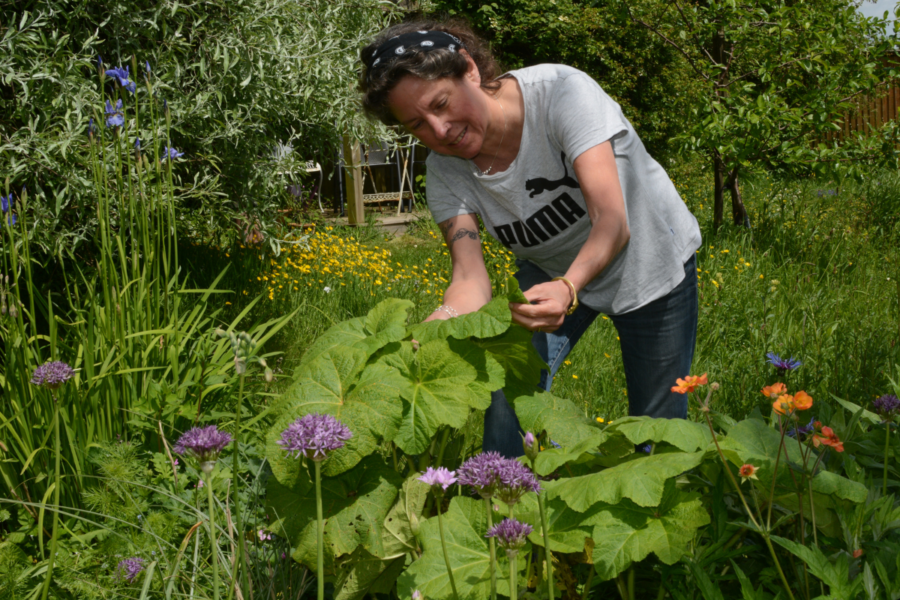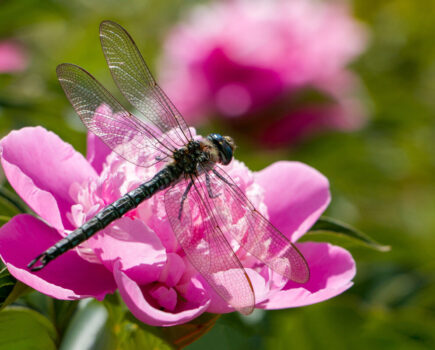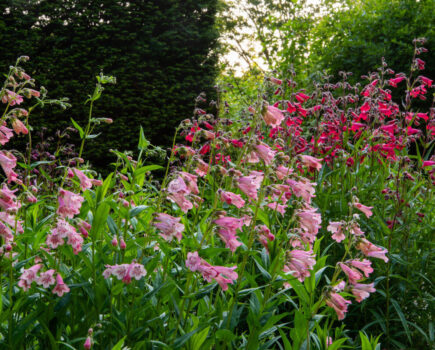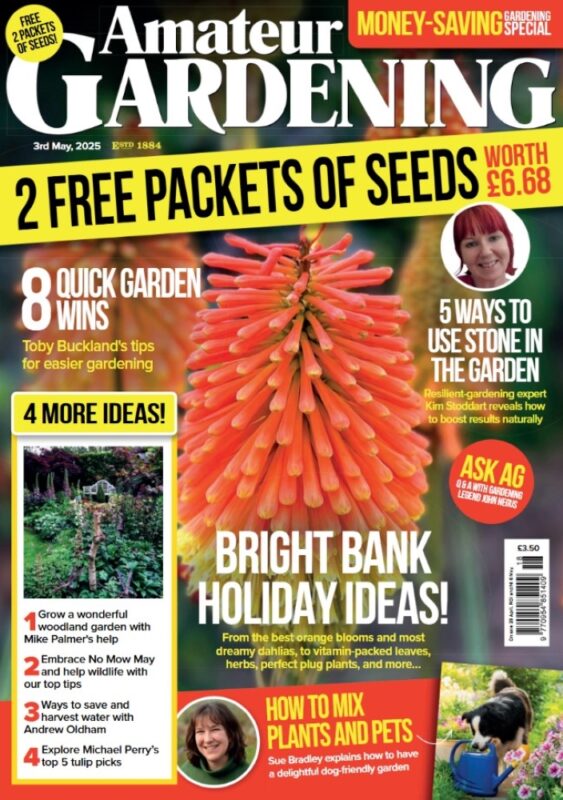There is no need to reach for chemicals to keep plants healthy
Whatever we grow in our gardens, and however much care and attention we lavish upon it, sooner or later we will have to deal with pests and diseases. Moreover, as border checks on plants coming in from abroad become more cursory, our green things are at greater risk of new diseases that we have no protection against. But that is a future threat that may not come to pass at all, and to be honest, we have enough to deal with at the moment!
Garden centres are crammed with products for killing pests and chemicals to treat diseases, but while they may be effective, they also have a disastrous knock-on effect for the rest of the garden. Pesticides are indiscriminate killers and also remove vital species from the food chain, while fungicides aren’t always necessary if plants have the right conditions and are kept healthy. Even the RHS, which used to advocate chemical cures, is now turning towards more ecological methods of controlling problems.

Start well by always buying healthy plants and remembering the old adage ‘right plant, right place’ when adding them to beds and borders. Ensure plants have enriched soil (dig in lots of well-rotted manure or compost) and plenty of space so they can grow well with good airflow and not be smothered. When diseases arise, remove affected material immediately, and dispose of – never add it to the compost.
Trees and shrubs that show signs of sickness should have the diseased wood removed back to healthy growth at the appropriate pruning time. Make sure plants receive adequate food and water when needed, and lift and store them undercover in late autumn if necessary.
Common diseases
Remove and bin affected growth
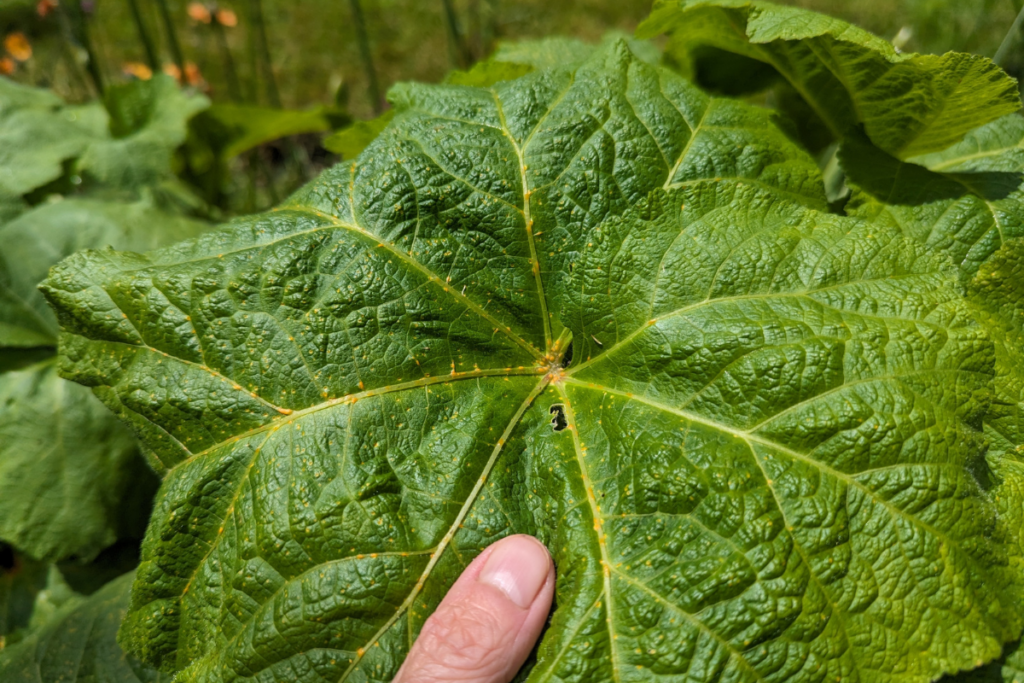
1. Hollyhock rust is a fungal disease that presents as orange pustules on the upper and lower surfaces of leaves. Avoid it by giving plants plenty of space to grow, and remove and bin affected leaves.
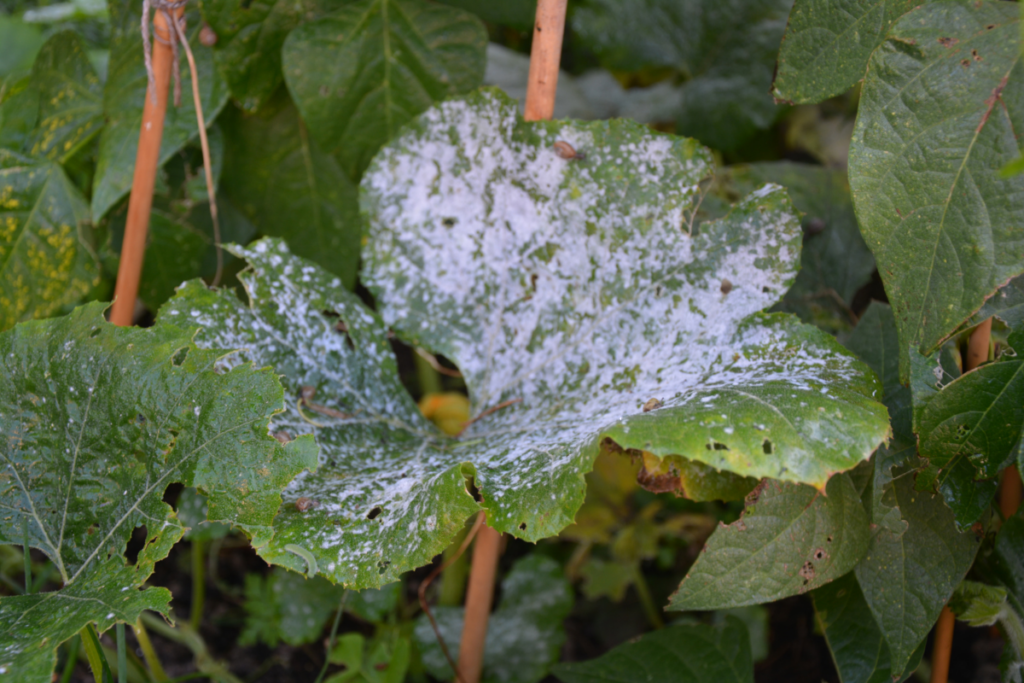
2. Powdery mildew is a white powdery substance on leaf surfaces that weakens plants. A common problem, don’t overplant so there is good ventilation around plants and make sure soil is kept damp.

3. Rose black spot is a debilitating rose sickness that discolours leaves and weakens the plants. Remove and bin affected leaves and mulch roses well so rain can’t splash disease spores back onto the plant.
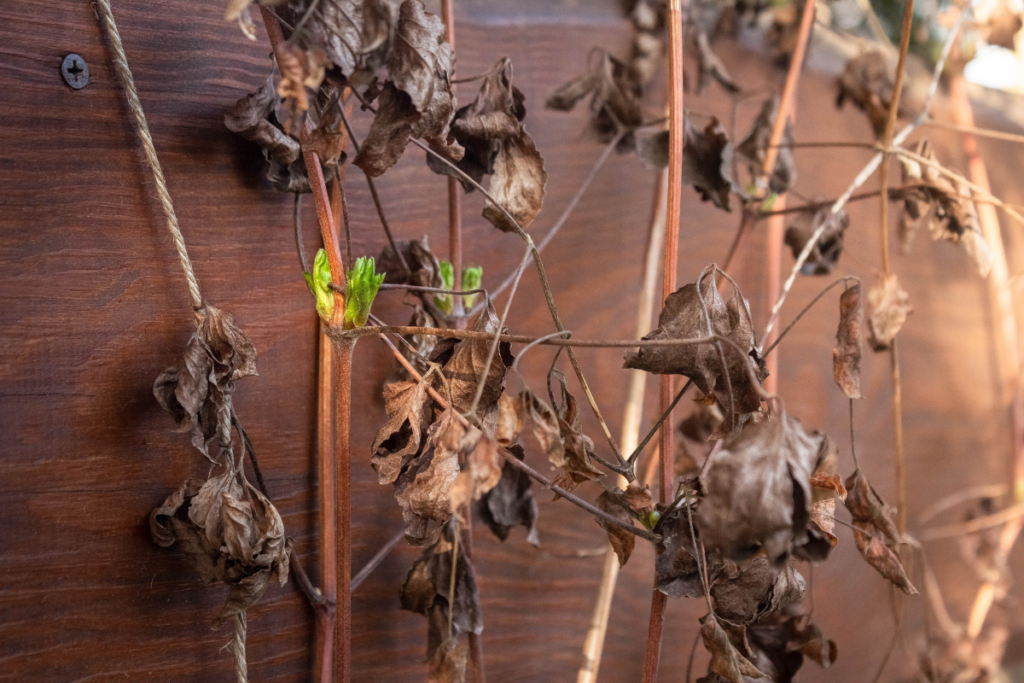
4. Clematis can suddenly appear to turn black and die, but don’t panic. Cut away and dispose of affected growth, feed, water and mulch your plant and new growth will emerge from the base.
Be proactive when hunting for pests
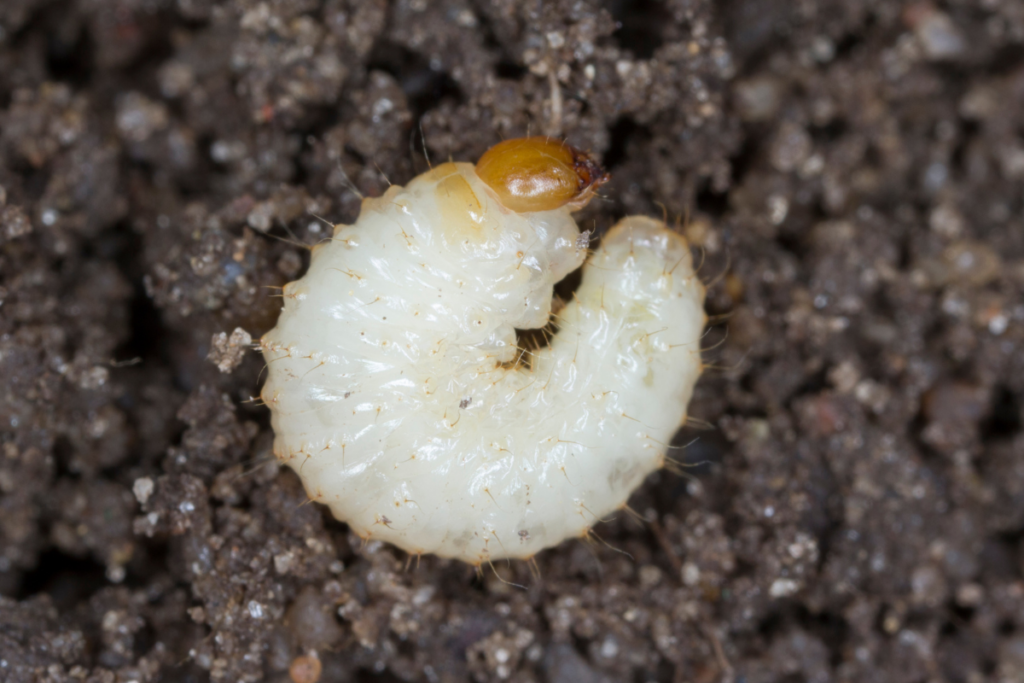
A full summer garden is a haven for pests, but by using common sense and harnessing the natural world you can keep your plants thriving. Weeding is a great start as it removes places where pests can hide and breed, and do check under abandoned pots and in dark cool corners where slugs and snails hang out.
One of the greatest summer threats is vine weevil larvae that infest patio pots, chomping away at roots and causing plants to keel over. Vine weevil nematodes (microscopic parasitic worms that you water onto compost) are widely available online and from garden centres.
Another option if you suspect the presence of the creamy grubs is to remove plants from their pots, wash the roots well and replant in fresh compost. Obviously this is a drastic move and not always possible, so nematodes are an easier option.
Use natural predators too – birds, hedgehogs, beetles, spiders, wasps, ladybirds, lacewings, hoverflies all prey on caterpillars and aphids. And finally, don’t despair – if you lose a few plants it isn’t the end of the world.
Find more tips, advice and articles like this at the Amateur Gardening website. Subscribe to Amateur Gardening magazine now

